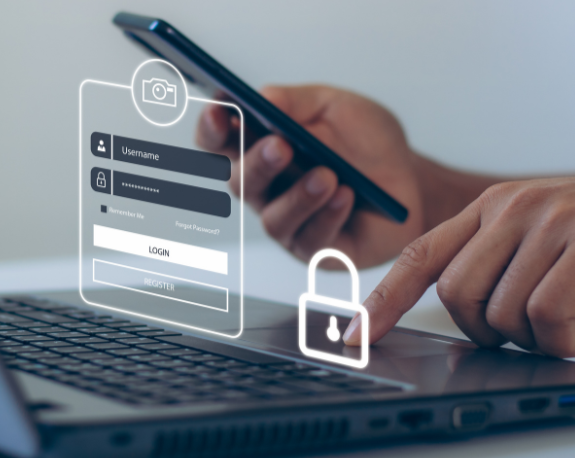Don’t Get Caught in a Debt Collection Scam

Debt-collection scams exploit the feelings of helplessness and overwhelm to lure victims. Let’s take a look at these scams and how to keep yourself from falling victim.
How the scams play out
In a debt-collection scam, a scammer posing as a debt collector will call a victim to demand payment for an outstanding debt. The caller insists on a specific means of payment, usually a wire transfer or prepaid debit card. Of course, the caller is not a debt collector and any money they collect will go directly into their own pocket.
Red flags
- Here’s how to recognize a debt-collection scam:
- The debt collector demands immediate payment.
- They insist on a specific means of payment.
- The person knows very few details about the debt.
- There is no contact information for the debt collection agency the caller allegedly represents.
Protect yourself
Follow these tips to stay safe.
- When called by an alleged debt collector, verify the debt. Request written validation of the debt, including detailed information about the creditor, the amount owed and the nature of the debt. Legit debt collectors should be able to easily provide this info.
- Never share personal information with an unverified contact. If you’re asked to provide sensitive information by an unknown contact, it’s likely a scam.
- Check for licensing and credentials. Research the collector’s credentials and licensing status through your state’s attorney general’s office or consumer protection agency.
- Know your rights. Familiarize yourself with your rights under the Fair Debt Collection Practices Act (FDCPA). These laws outline the rules that legitimate debt collectors must follow when attempting to collect a debt.
- Keep detailed records. Maintain solid records of any communication you have with debt collectors, including dates, times, names and contact details.
- Request written communication. Legitimate collectors should be willing to provide written documentation of debts and any payment arrangements.
- Stay informed. It’s a good idea to check your credit report on a regular basis for any unfamiliar or fraudulent accounts. It’s also advisable to keep up with the latest scams so you are better equipped to identify and avoid them.

